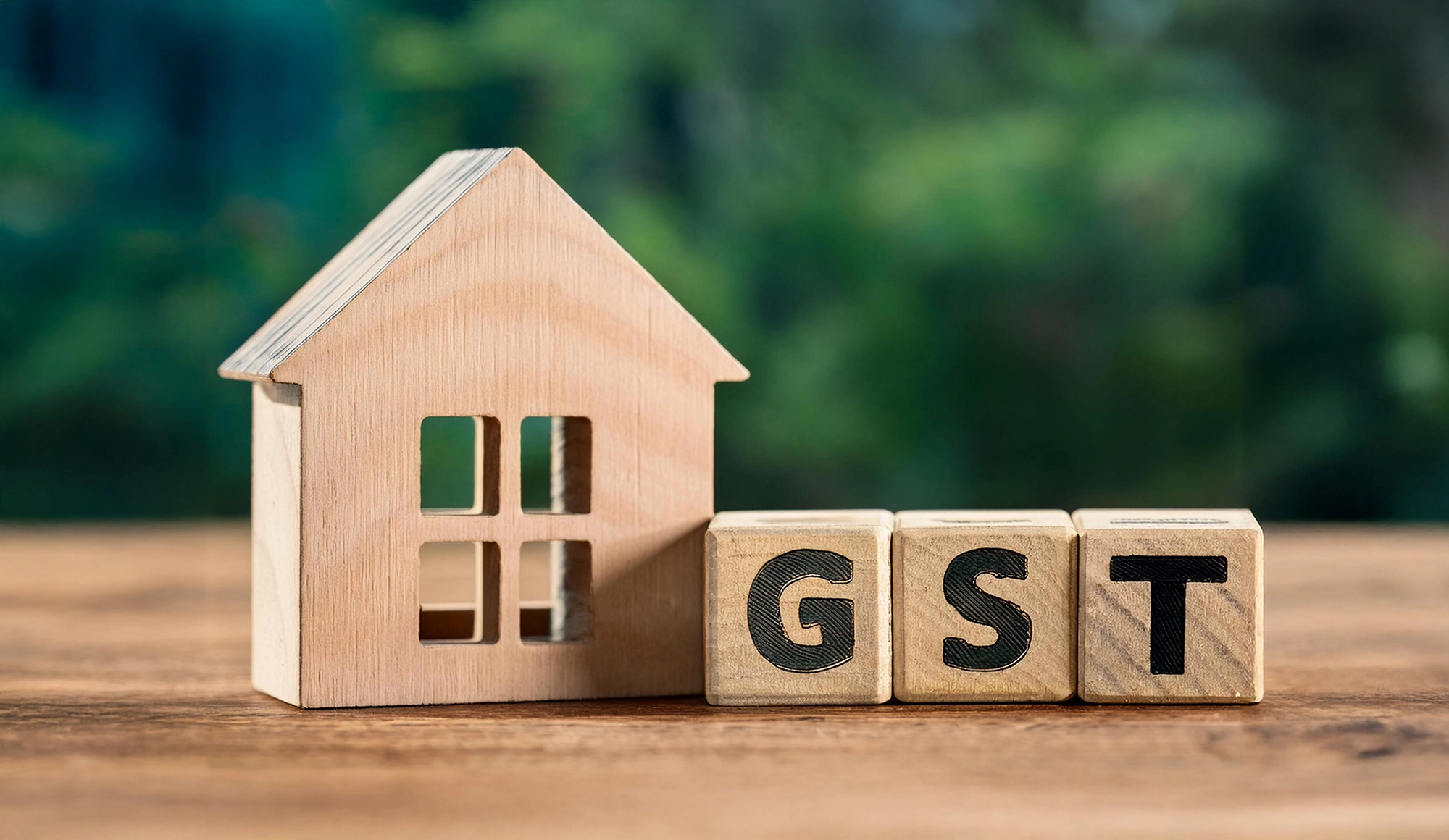Partners Opinion: Andrew Puklowski
In recent months there have been several instances where GST has complicated people’s investment or divestment plans. Some of the more common issues are:
Short-term Accommodation
A recent change in tax law has modified the treatment of GST on short-term accommodation booked through online platforms like Airbnb. Now, 15% GST is applied to all such bookings, regardless of whether the accommodation provider is GST registered.
The responsibility for collecting and remitting this GST to the Inland Revenue Department (IRD) lies with the online platform, not the individual accommodation provider.
For GST registered accommodation providers, the income from the booking platform is now treated as zero-rated for GST purposes. Because the platform collects and pays 15% GST to IRD, the provider reports this income as zero-rated supplies in their GST return. They can still claim GST on the expenses.
For non-GST registered accommodation providers, the booking platform collects a net 6.5% GST and pays this to IRD. The GST is less than the standard rate as it accounts for IRD’s estimation of the GST these providers would have otherwise claimed on their expenses if they were GST registered.
Change of land use
Where a dwelling is being subdivided off a larger farm, IRD will generally allow 4,000m2 of curtilage (land under and around the dwelling) to be included as part of the sale with no GST consequences.
Where the subdivision of the dwelling and land exceed 4,000m2, then a change of land use (from productive farmland to private residential land) may require a GST adjustment calculation on the area of land in excess of 4,000m2.
The same principal applies where the owner of a farm adds a new dwelling to an existing piece of land. The area under the house now used as a residence, rather than for a farming activity, needs to be removed from the GST net.
Usually the GST adjustment required is not huge, but if not dealt with at the time, the liability has the potential to grow as the value of property continues to rise.
GST on Sale and Purchase Agreements
The treatment of GST on a land transaction (no matter how big the parcel of land) can have a major impact on the vendor and/or the purchaser. This is a particular issue when one party is GST registered and the other is not, or there is a change in land use (such as from farmland to lifestyle or residential use).
As your accountant, we like to see the Sale and Purchase Agreement prior to you signing it. Once it has been signed, we are limited in what we are able to do.
If any of the above apply to you then please let one of our team know and we will be more than happy to assist you.









